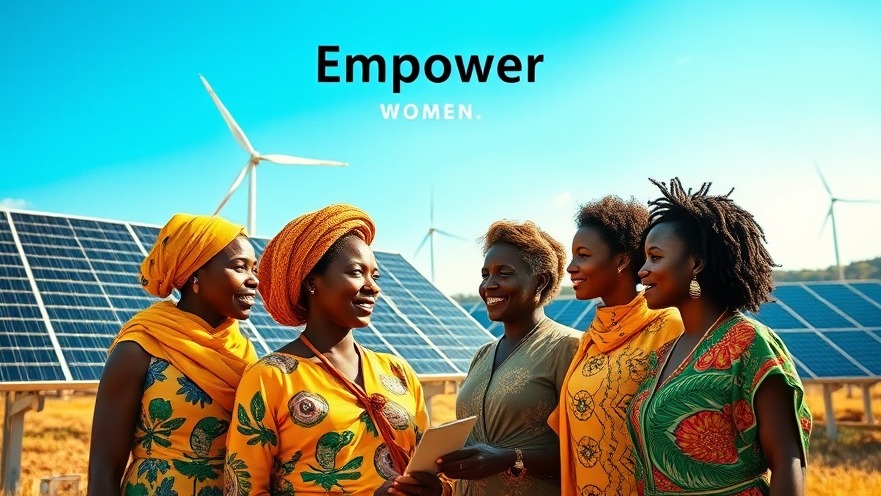
Unlocking Nature's Pharmacy: Gorillas as Pioneers in Medicine
Deep in Gabon’s lush Moukalaba-Doudou National Park, western lowland gorillas are not just surviving; they are engaging in a practice that may hold the keys to new medical treatments—self-medication. This fascinating behavior has drawn the attention of scientists, sparking research into the medicinal plants these great apes consume, as well as the implications for human health and conservation.
A Unique Form of Zoopharmacognosy
Known as zoopharmacognosy, the way animals select plants for their healing properties has intriguing parallels with human herbal practices. Researchers have identified specific plants favored by these gorillas, including the Kapok tree (*Ceiba pentandra*), the giant yellow mulberry (*Myrianthus arboreus*), Ficus trees, and Iroko or African teak (*Milicia excelsa*). Interestingly, these same plants are also employed in traditional Gabonese medicine to address various ailments, indicating a shared knowledge between species.
The Promise of Antioxidants and Antimicrobials
The research uncovered that these plants are rich in beneficial compounds such as phenolics, flavonoids, and tannins. These substances possess antioxidant properties that can protect the body from free radicals and may also have antimicrobial benefits. Notably, extracts from the Kapok and mulberry trees showed significant potential against multidrug-resistant strains of *E. coli*, a superbug that threatens public health globally. The potential for these naturally occurring substances to evolve into new antibiotics is an exciting avenue for future drug discovery.
Conservation and Healthcare: A Dual Opportunity
The implications of this research extend beyond the realm of pharmaceuticals. As western lowland gorillas face dwindling populations due to habitat destruction and poaching, understanding their self-medication habits can inform both conservation efforts and sustainable development strategies. By protecting gorilla habitats, we not only safeguard biodiversity but also ensure the continuation of this unique link to potential medical advancements. This holistic approach highlights the intertwined relationship between wildlife conservation and human health research.
Embracing a Shared Future
As policymakers and NGOs focused on sustainability and climate action consider strategies for the future, they must recognize the invaluable contributions that wildlife, like these self-medicating gorillas, can make to medicine and environmental health. Investing in conservation initiatives can lead to a more sustainable ecosystem that benefits both humans and animals alike.
In summary, the study of gorillas' self-medication practices offers more than scientific insight; it provides a blueprint for integrating conservation efforts with biomedical innovation. Embracing the interconnectedness of life in our approach to healthcare and conservation could lead to groundbreaking discoveries that improve lives worldwide.
 Add Row
Add Row  Add
Add 


 Add Row
Add Row  Add
Add 

Write A Comment